Table of content
What is Macular Degeneration?
Macular degeneration affects the central part of your vision, called the macula. This part of the eye is responsible for the clear, detailed vision needed for activities like reading or recognising faces. In macular degeneration, the cells in the macula begin to deteriorate over time, leading to blurred or distorted central vision while peripheral (side) vision remains unchanged. It’s like having a smudged or missing spot in the middle of your sight.
Symptoms
Macular degeneration progresses from no noticeable symptoms to difficulty seeing details. As degeneration begins, an individual experiences the following:

- Blurred or distorted central vision.
- Difficulty seeing details.
- Straight lines appear wavy.
- Dark spots in the centre of vision.
Causes
The primary cause of macular degeneration involves changes in the macula, a small, highly sensitive area in the centre of the retina. These changes can result from factors such as ageing, genetic predisposition, and environmental influences like exposure to UV light.
Types
Macular degeneration can be categorised into:
Dry (Atrophic) Form
Gradual breakdown of cells in the macula, leading to a thinning of the macular tissue and the formation of drusen, which can impair central vision over time.
Wet (Neovascular) Form
Abnormal blood vessels grow beneath the macula, leaking fluid and blood, which can cause rapid and severe central vision loss if left untreated.
Risk Factors
The several factors that are responsible for macular degeneration include.
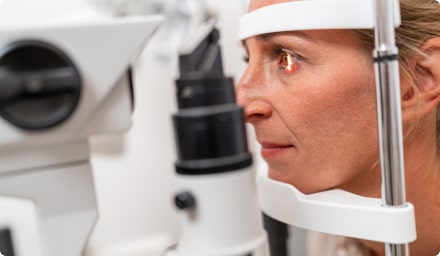
- Age
- Family history
- Smoking.
- Obesity
- High blood pressure
How to prevent
These are the steps that may reduce the risk of macular degeneration or you can contact us the best eye hospital of Maharashtra
Maintain a healthy lifestyle
Protect eyes from UV light
Eat a diet rich in fruits and vegetables
Have regular eye examinations
Types of Treatments
Treatment options for macular degeneration aim to manage the condition and slow its progression. Common treatments include:
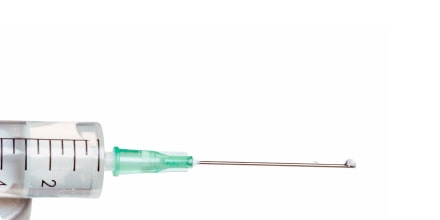
Anti-VEGF injections to slow down the loss of vision by reducing abnormal blood vessel growth and leakage in the macula.
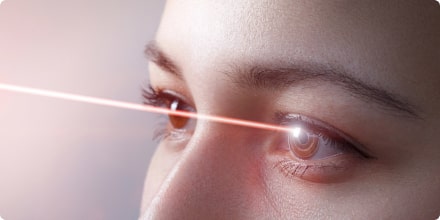
Laser therapy to stop blood vessels in the macula from leaking and lessen the possibility of future damage.
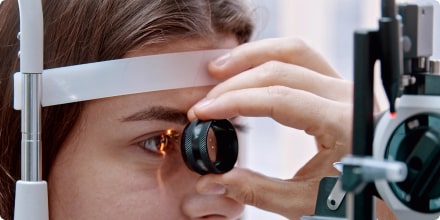
Photodynamic Therapy (PDT) is a technique that involves injecting a light-sensitive drug into the bloodstream and then activating it with laser light to target abnormal blood vessels.
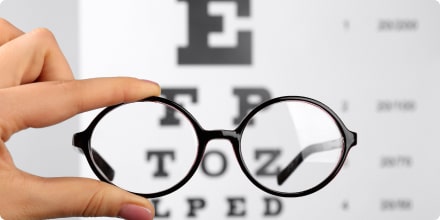
Low-vision aids can help individuals with macular degeneration make the most of their remaining vision.

Lifestyle and dietary changes may also be advised.
These treatments offer effective management, aiming to preserve vision and enhance quality of life for those with macular degeneration.
Table of content
Book an appointment
Informative and Comprehensive
Frequently Asked Questions
Common queries about the treatment are addressed in this section. Find your answers here.
How do i schedule an appointment?
You can schedule an appointment by calling our hospital directly, filling out our online appointment request form or visit our hospital in person. Our staff will assist you in finding a convenient appointment time.
How long is the recovery period after eye surgery?
Recovery time can vary depends upon the types of surgery performed and individual factors. Generally, most patients experience significant improvement within few days or weeks following surgery.
Do you accept insurance plans?
Yes, we accept insurance plans and we aslo accept flexible payment options for patients without insurance coverage. you can visit our website for more details and can contact our billing department for specific insurance-related inquiries.
What are the common eye conditions treated at your hospital?
We specialise in treating a wide range of eye conditions, including cataract, glaucome, macular degeneration, diabetic retinopathy, and refractive errors such as myopia and hypermetropia and astigmatism.
What measures do you take to ensure patient safety during eye surgeries?
We follow strict surgical protocols and maintain a sterile environment in our surgical facilities to minimize the risk of infection and ensure the safety of our patients during eye surgery.
Do you offer pediatric eye care services?
Yes, we provide specialised pediatric eye care services, including comprehensive eye care examination, vision screenings, and treatment of common childhood eye conditions.